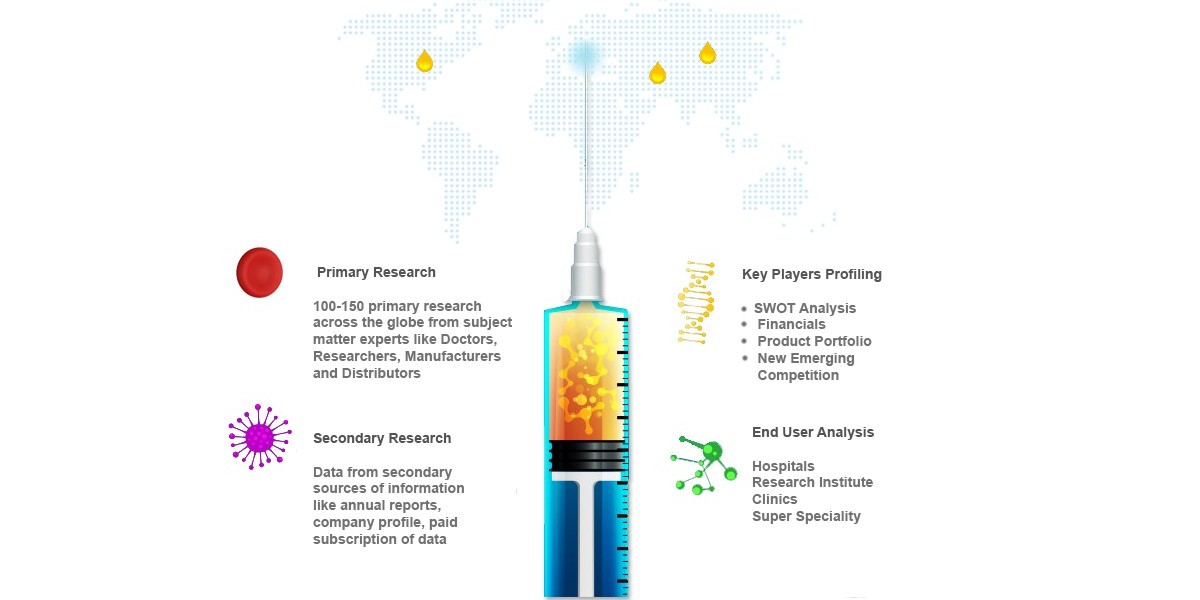In today's world, the importance of security service cannot be overstated. With increasing concerns about crime, terrorism, and the protection of personal and corporate assets, security services have become an integral part of our daily lives. These services encompass a wide range of activities designed to ensure the safety and security of individuals, businesses, and properties. From physical security measures to cybersecurity, the role of security services is to provide peace of mind and protect against potential threats.
The Evolution of Security Services
Security services have evolved significantly over the years. In the past, security measures were often limited to basic physical protections such as locks, fences, and guards. However, with advancements in technology and the growing sophistication of criminal activities, the scope and complexity of security services have expanded. Today, security services include a combination of physical security, surveillance systems, cybersecurity, and emergency response plans.
The introduction of advanced technologies such as CCTV cameras, biometric access control, and alarm systems has revolutionized the security industry. These technologies provide real-time monitoring and instant alerts, enabling quicker responses to potential threats. Additionally, the integration of artificial intelligence and machine learning in security systems has further enhanced their capabilities, allowing for predictive analysis and automated threat detection.
Types of Security Services
There are various types of security services available, each tailored to meet specific needs. Some of the most common types include:
Physical Security: This includes measures such as security guards, access control systems, surveillance cameras, and physical barriers like fences and gates. Physical security is essential for protecting people and property from physical threats such as theft, vandalism, and unauthorized access.
Cybersecurity: In the digital age, protecting information and data is crucial. Cybersecurity services involve protecting computer systems, networks, and data from cyber-attacks, hacking, and data breaches. This includes implementing firewalls, encryption, intrusion detection systems, and regular security audits.
Event Security: For large gatherings and events, specialized security services are required to ensure the safety of attendees. This includes crowd control, access management, and emergency response planning.
Personal Security: Also known as executive protection, this service is designed to protect high-profile individuals such as celebrities, politicians, and business executives. Personal security services include bodyguards, secure transportation, and threat assessments.
Corporate Security: Businesses require comprehensive security measures to protect their assets, employees, and information. Corporate security services include risk management, fraud prevention, and the implementation of security policies and procedures.
The Role of Security Guards
One of the most visible aspects of security services is the presence of security guard. Security guards play a crucial role in maintaining safety and security in various settings, including commercial properties, residential areas, public spaces, and events. Their duties and responsibilities are diverse and can vary depending on the specific requirements of their assignment.
Responsibilities of Security Guards
Monitoring and Surveillance: Security guards are responsible for monitoring surveillance equipment, conducting regular patrols, and keeping an eye on suspicious activities. They are trained to recognize potential threats and respond appropriately.
Access Control: Managing access to buildings and restricted areas is a critical duty of security guards. They verify the identity of individuals entering the premises, ensure that only authorized personnel gain entry, and prevent unauthorized access.
Emergency Response: In the event of an emergency, security guards are often the first responders. They are trained to handle various situations, including medical emergencies, fires, and security breaches. Their quick response can mitigate risks and prevent further damage.
Customer Service: Security guards often serve as the first point of contact for visitors and employees. They provide directions, answer questions, and offer assistance as needed. Their presence can create a sense of safety and reassurance for everyone on the premises.
Reporting and Documentation: Keeping accurate records of incidents, observations, and daily activities is an important part of a security guard's job. Detailed reports can be crucial for investigations and legal purposes.
The Skills and Training Required for Security Guards
Being a security guard requires a unique set of skills and training. While some skills can be developed on the job, others require formal training and certification. Key skills include:
Observation Skills: Security guards must have keen observation skills to detect unusual behavior or potential threats. This includes attention to detail and the ability to remain alert during long shifts.
Communication Skills: Effective communication is essential for security guards. They need to communicate clearly with clients, visitors, and emergency responders. Good communication skills also help in de-escalating tense situations.
Physical Fitness: Security guards often need to stand or patrol for extended periods, respond to physical confrontations, and perform tasks that require physical strength and stamina.
Problem-Solving Skills: The ability to think quickly and make sound decisions in stressful situations is crucial for security guards. They must assess situations, determine the best course of action, and implement solutions effectively.
Training and Certification: Many security positions require formal training and certification. This can include courses in first aid, CPR, self-defense, and the use of security equipment. Some jurisdictions also require security guards to be licensed.
The Impact of Security Services on Society
The presence of security services has a profound impact on society. By deterring criminal activities and providing a safe environment, security services contribute to the overall well-being of communities and businesses. Here are some of the ways in which security services benefit society:
Crime Prevention and Deterrence
One of the primary goals of security services is to prevent and deter criminal activities. The visible presence of security measures such as guards, cameras, and access control systems can discourage potential criminals from engaging in illegal activities. Knowing that there are security measures in place reduces the likelihood of crimes such as theft, vandalism, and assault.
Enhanced Public Safety
Security services play a crucial role in enhancing public safety. By monitoring public spaces, managing crowds, and responding to emergencies, security services help create a safer environment for everyone. This is particularly important in high-traffic areas such as shopping malls, transportation hubs, and entertainment venues.
Protection of Assets
For businesses and individuals, protecting assets is a top priority. Security services help safeguard physical assets such as buildings, equipment, and inventory, as well as intangible assets like data and intellectual property. This protection is essential for maintaining business operations and ensuring the continuity of services.
Risk Management
Security services are an integral part of risk management strategies. By identifying potential risks and implementing measures to mitigate them, security services help organizations prepare for and respond to various threats. This proactive approach minimizes the impact of incidents and ensures a quicker recovery.
Peace of Mind
Perhaps one of the most significant benefits of security services is the peace of mind they provide. Knowing that there are measures in place to protect against potential threats allows individuals and businesses to focus on their daily activities without constant worry. This sense of security is invaluable and contributes to a higher quality of life.
The Future of Security Services
As technology continues to advance and the nature of threats evolves, the future of security services will likely see further innovations and developments. Here are some trends and advancements that could shape the future of the security industry:
Integration of Artificial Intelligence and Machine Learning
Artificial intelligence (AI) and machine learning (ML) are already making significant contributions to the security industry. These technologies enable more sophisticated threat detection and analysis, allowing for predictive security measures. AI-powered surveillance systems can identify suspicious behavior and alert security personnel in real-time, enhancing response times and reducing false alarms.
Increased Focus on Cybersecurity
With the growing reliance on digital technologies, cybersecurity will continue to be a critical area of focus. As cyber threats become more sophisticated, security services will need to stay ahead of the curve by implementing advanced security measures and regularly updating their defenses. This includes not only protecting against external threats but also addressing internal vulnerabilities.
Advancements in Biometric Security
Biometric security measures, such as fingerprint and facial recognition, are becoming more prevalent in access control systems. These technologies offer a higher level of security compared to traditional methods such as passwords and keycards. As biometric technology advances, it will likely become more widespread and integrated into various security applications.
Emphasis on Comprehensive Security Solutions
The future of security services will likely see a greater emphasis on comprehensive security solutions that integrate physical security, cybersecurity, and emergency response. This holistic approach ensures that all potential threats are addressed, providing a more robust and effective security strategy.
Sustainable Security Practices
As sustainability becomes a priority for many organizations, the security industry will also need to adopt environmentally friendly practices. This could include the use of energy-efficient security systems, sustainable materials for physical barriers, and eco-friendly transportation for security personnel.
Conclusion
In conclusion, security service is an essential aspect of modern society, providing protection and peace of mind to individuals, businesses, and communities. From the presence of security guards to the implementation of advanced technologies, security services play a crucial role in preventing crime, enhancing public safety, and protecting assets. As the industry continues to evolve, embracing new technologies and addressing emerging threats will be key to maintaining effective security measures. By prioritizing security and investing in comprehensive solutions, we can create a safer and more secure world for everyone.







